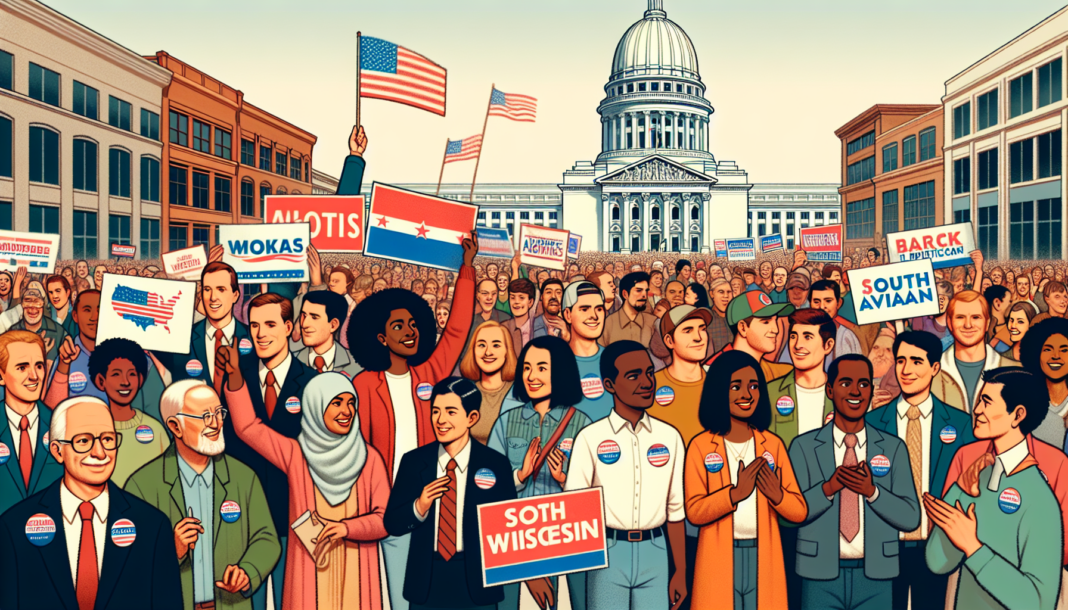Liberal Candidate Wins Wisconsin Supreme Court Race, Challenges GOP Strategy
Susan Crawford secured a victory in the Wisconsin Supreme Court race on April 4, defeating conservative candidate Brad Schimel with approximately 54% of the vote. The election, which was the most expensive judicial race in U.S. history, has significant implications for the state’s political landscape and the GOP’s future strategies.
Crawford’s win ensures a 4-3 liberal majority on the Wisconsin Supreme Court, potentially influencing crucial decisions on issues such as abortion rights, redistricting, and labor laws. The race attracted national attention and unprecedented financial support, with total spending exceeding $90 million.
Notably, groups affiliated with Elon Musk invested over $20 million in support of Schimel’s campaign. This substantial involvement from the tech billionaire and prominent Donald Trump ally may have inadvertently galvanized opposition against the conservative candidate.
“It’s really disappointing to see that, and it is really making people mad,” Crawford commented on Musk’s involvement in the race.
The election outcome has sparked discussions within the Republican party about the effectiveness of aligning with high-profile figures like Musk in state-level races. Some GOP strategists are reconsidering their approach to campaign financing and voter mobilization in light of this costly defeat.
Despite the loss, conservatives highlighted the passage of Wisconsin’s voter ID constitutional amendment as a success. However, the Supreme Court race results suggest potential challenges for the GOP in upcoming elections, particularly in swing states.
The Wisconsin election exemplifies a growing trend of nationalization in state judicial races. The involvement of billionaires and national political figures in local elections has led to increased voter engagement but also raised concerns about the influence of outside funding on judicial independence.
As the dust settles on this record-breaking race, both parties are likely to reassess their strategies for future judicial elections. The outcome in Wisconsin may serve as a bellwether for the 2026 midterms, with implications for congressional redistricting and the balance of power in key battleground states.
The Wisconsin Supreme Court election has underscored the importance of state-level judicial races in shaping national politics. As spending in these contests continues to rise, voters and political analysts alike will be closely watching how this trend affects the integrity and independence of state courts across the country.



